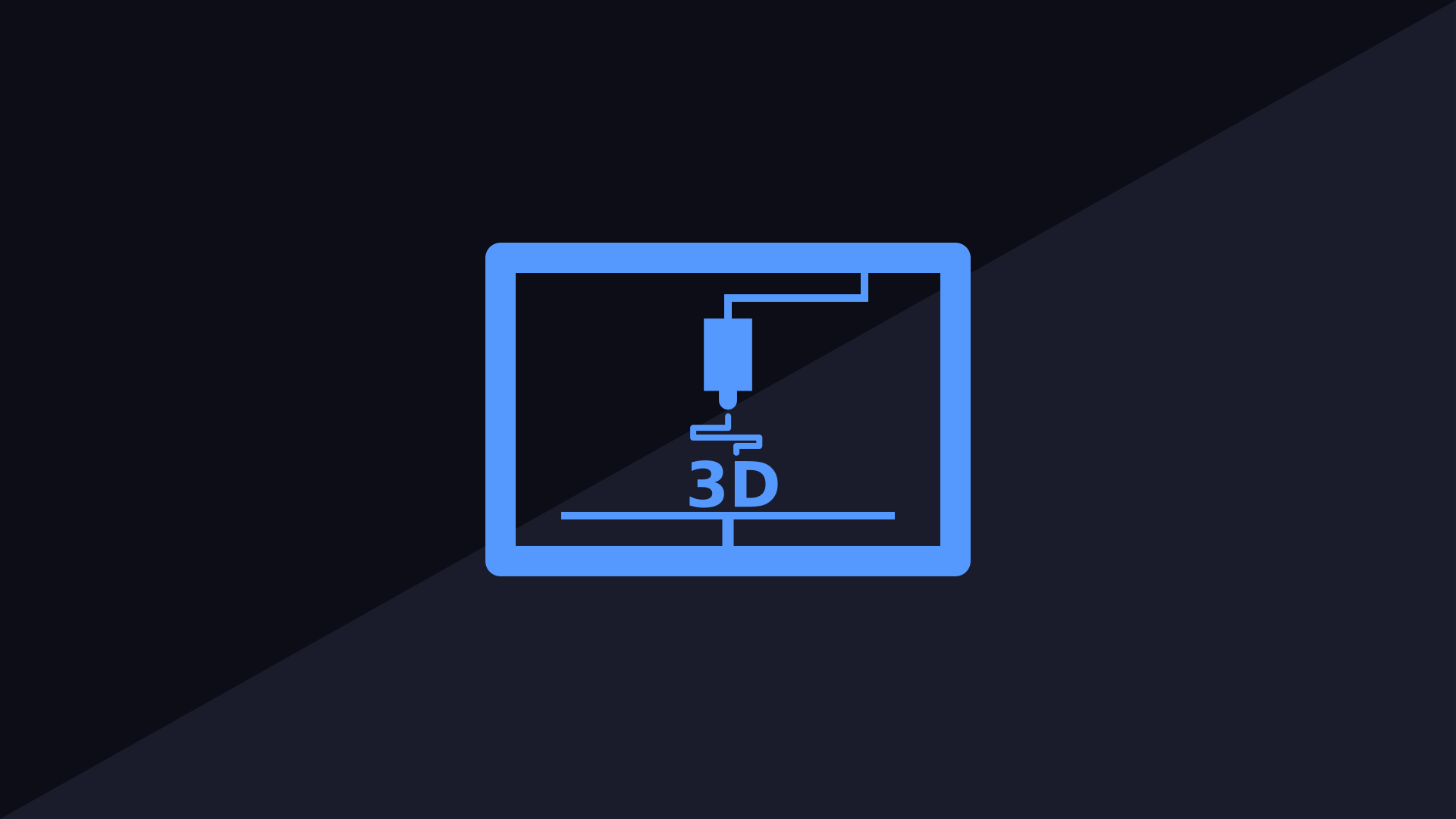Storing Medical Information in Self-storage Units: A Dangerous Precedent

The volume of data that is being churned out in today’s digital environment is mind-boggling. And more so for the health and medical industry. According to the Health Insurance Portability and Accountability Act (HIPAA), medical records of patients must be safeguarded and protected in a secure location. However, there are no clear guidelines or detailed information on the kind of places that these records must be stored. Hence, health care providers are known to save patientdata in self-storage units. This can be a hugerisk and a dangerous precedent that could put the information at risk of theft and alteration. Here are critical reasons why medical records must not be stored in self-storage units.
Table of Contents
Identity theft
Unauthorised individuals can easily access data from self-storage units because such units do not provide the levels of security to protect and safeguard medical records. In itspure state, a self-storage unit is compacted together and may have a mere latch and bolt to prevent unauthorised access. But such units can be prime targets for burglars who can easily break through the padlocks to steal the information for criminal activity or blackmail.
Vulnerable to natural elements
Natural disasters such as fire, floods or an earthquake can easily rip apart self-storage units. Since these units do not have safety measures that can protect the contents from natural disasters, they can easily be destroyed. Moreover, if the storage units are in a location where moisture and darkness are rampant, physical documents and records can be easily affected by mould and mildew. Most storage units are placed in areas where there is adequate fire suppression system. However, these systems can be rendered useless if there is chemical or water damage to the documents in the event that fire systems are activated.
Vigilance
Locations housing storage units have surveillance cameras that monitor the premises. However, each storage unit may not have the requisite surveillance security. At such times, thieves focus on storage units at random and break into them to rob the contents. Additionally, such facilities that house storage units would have a clause in their contract stating they may not be held liable for missing or misplaced materials.
The ideal solution
It is imperative that medical records and private information of patients are safeguarded at all times. Rather than opting for self-storage units that have a wide range of issues, it makes better sense for healthcare companies to store vital information online that can be securely stored and easily accessible when required. A document security solution that offers the latest in security protocols can ensure that PDF files and documents are safeguarded from all kinds of potential threats, including natural disasters, vandalism or theft.
In addition to the rising cost of securing medical records, one must also factor in the use of physical space and cost of administrative staff that it takes to protect data. It makes better sense to opt for Digital Rights Management (DRM) solutions and services that offer complete confidence with instant availability. Implementing a DRM service can ensure that your content is protected by the document security solution with your full control.
Large healthcare companies can benefit from implementing enterprise wide management for PDF files that offer additional functionality and flexibility to control critical documents throughout their life cycle. Through it, you not only restrict the use of these documents within your company but can prevent them from being used in specific areas without your explicit permission. By utilising the latest protection protocols, you can ensure that data breaches can be a thing of the past, especially when it comes to your organisation.
In addition to protecting customer and patient medical records, you can also safeguard revenue generating documents through a document DRM system. Regardless of where data is located, only authorised intended parties and individuals will be able to access the documents while allowing you to exert complete control over the use of the data (for example, stopping copying, editing and printing).
Every company must have a lucid and clear framework of the business workflows to allow authorised individuals and work staff to meet their goals, while at the same time abiding by government regulations. Healthcare companies must outline their business workflows from start to finish and provide support to their staff that handle critical information.
Maintaining electronic and paper records can be one of the trickiest challenges in today’s environment. One such crucial use of DRM technology is the assurance that when specific data files approach the end of the retention period, they can no longer be accessed, and they automatically expire. This feature in a Digital Rights Management solution can enable you to automatically expire documents after a specific period, in addition to manually revoking access whenever needed.





